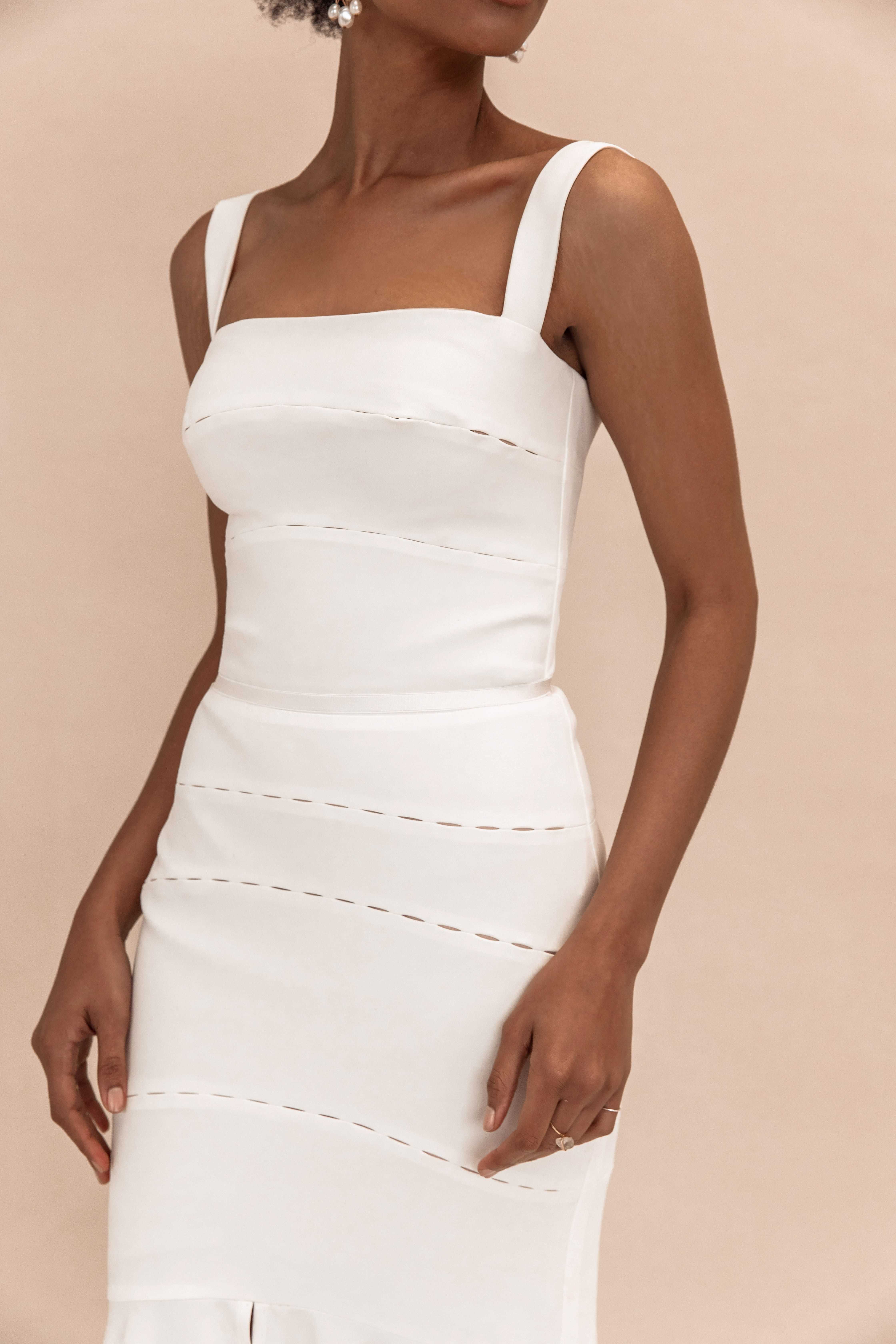What is the first thing that comes to mind when you think about the fashion industry? For most people, they think of the glitz and glamor of the industry. They think of New York Fashion Week, luxury brands, and the beautiful models who wear them. What most people do not consider is what happens behind the scenes and the effects the fashion industry has on the world. Unfortunately, where our clothes come from and who makes them are not common thoughts in the minds of the everyday consumer.
The exploitation of garment workers around the world is the very fuel that allows for fast fashion brands, such as H&M and Forever21, to continue to make an enormous profit. By outsourcing to countries, such as Bangladesh and Pakistan, many brands save money on manufacturing costs.
The global fashion industry has a yearly revenue of almost 3 trillion dollars. While these brands are continuously adding more money to their pockets, the garment workers are paid exceptionally low wages that keep them and their families in a perpetual cycle of poverty. The collapse of garment factories in 2012 and 2013 increased awareness on this issue. In turn, multiple fashion brands decided to take action and advocate for better working conditions and ethical practices.
Ethical fashion brands are attempting to change the implicit motto of the industry from profit over people, to people over profit. They are working hard to focus on empowering both the people who make the clothes and the communities that are disproportionately impacted. There are many ways in which these brands are aiming to do so.
For example, Patagonia, known for its outdoor apparel and gear, supports various environmental groups through grant initiatives. These environmental groups serve different purposes, such as fighting for environmental health and justice in communities of color and bringing healthy school food to children.
Dedication to people over profit creates a brand initiative that is less about the brand and more about the struggles and needs of the people. True empowerment requires one to listen more intently to the desires of the people and communities who do not benefit from certain privileges. It requires less ego and more compassion.
Vetta, a woman-owned sustainable fashion brand, only works with garment factories that pay their workers livable wages and maintain clean and safe working environments. Their most recent partnership is with a Fair Trade Certified non-profit organization whose mission is to empower women. The garment workers in this factory are trained and recruited from the slums of Mumbai. These workers are given further benefits, such as the opportunity to have their children’s education funded, health insurance, and financial literacy training.
There are around 40 million garment workers in the world today and 85% of these workers are women. Empowering these women creates a domino effect. It empowers their children and the communities in which they live. There’s an African proverb that states: if you educate a woman, you educate a nation. The same can be said about empowerment. If you empower a woman, you empower a community. The empowerment of these women from the slums of India can be the very catalyst that sparks the hope and financial independence needed to end the system of lack and poverty that permeates their livelihood.
This is what fashion can do. This is what fashion should do. Aesthetics is a luxury that only a few have the privilege and time to indulge in. The world doesn’t need aesthetics. However, fashion, like many other industries, has the power to change lives and affect change. The world is changing rapidly. Dissent is growing, the planet is depleting, and people are dying. We must, as individuals and as a collective, make the conscious choice to be a part of the solution, not the problem.
The honest truth is that most brands are not going to do the “right” thing on their own account. The capitalist society that we live in supports the growth and creation of brands that value profit over people. We, as consumers, must hold these brands accountable for the unsustainable and unethical practices that fuel their business, but oppress and disempower the people. The right to live a fulfilled and abundant life should not be a privilege of a few, but a reality for many.
Sources:
“The True Cost” Film by Andrew Morgan
- What Exactly is Womanhood? The Importance of Defining Womanhood for Ourselves - March 14, 2021
- 5 Fashion Influencers You Should Be Following - November 20, 2020
- How Ethical Fashion Can Empower Many - October 26, 2020




